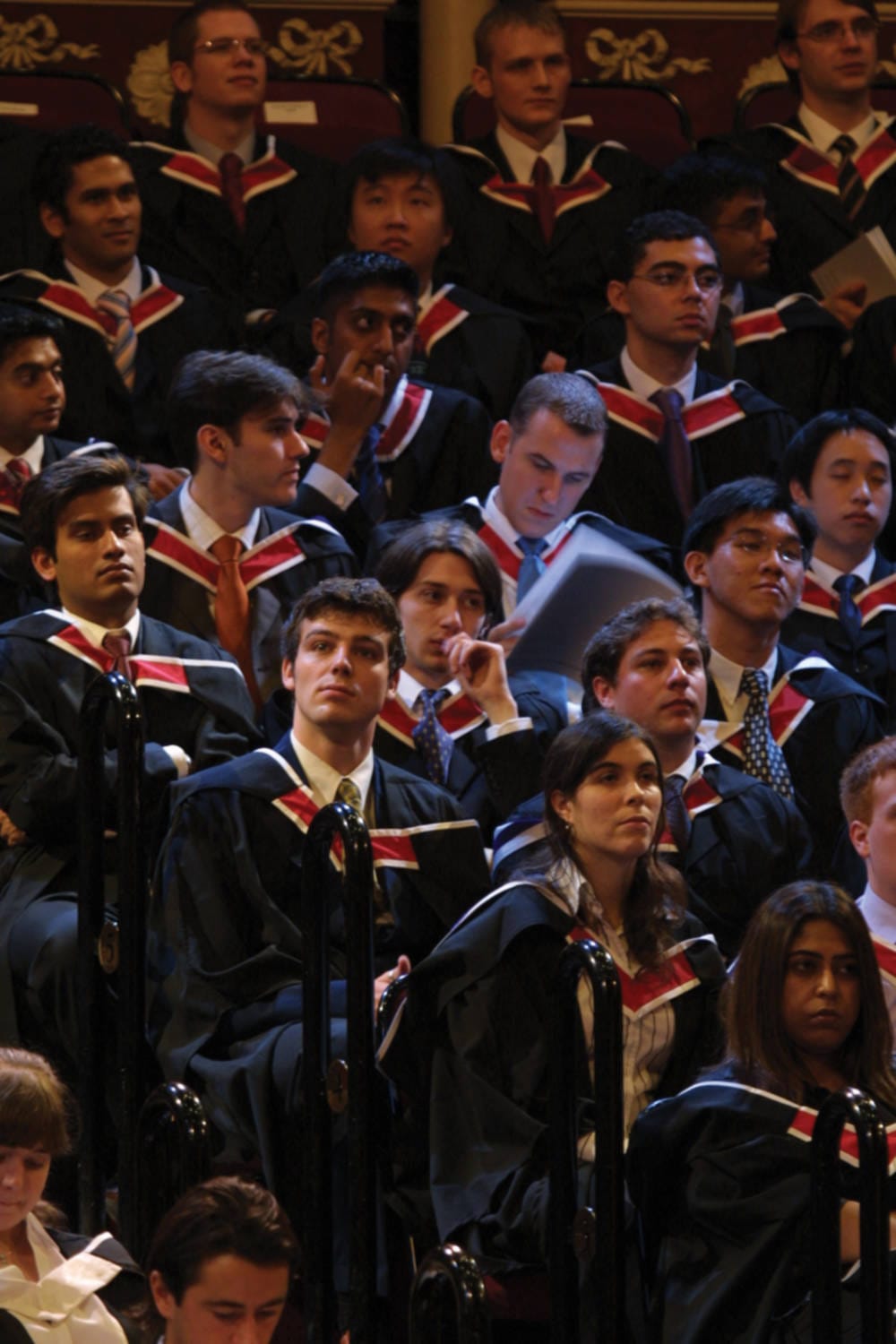Think tank: £9000 fees cost more than save
“Jury has to be out” about cost-effectiveness of funding says CEO

The Treasury has estimated that £1.7 bn will be saved by having higher tuition fees and putting an end to the teaching allowances.
However, the loss in potential earning by students notpursuing a degree will cause an increase of £3.6 bn, this figure was quoted by the university think-tank million+. Furthermore, the end to the teaching subsidy will cause worker skills to decrease. Million+ also found that the ramification of increasing the tuition fees means it will cost the government 6.5 times more than the estimate made by the Treasury for their cash savings in 2012-13.
The Chief Executive of million+, Pam Tatlow, commented: “The shift from the direct funding of universities to indirect funding via student loans has protected student numbers and, on paper, helps the Government reduce the structural deficit. The real question is how to maintain a thriving, efficient higher education system which is good for students, good for universities and good for the taxpayer. Once the total economic costs are taken into account, the jury has to be out as to whether the Government’s reforms are the most cost-effective way of funding higher education.”
It has also been found that the increase in tuition fees will add 0.24% to the consumer prices index of inflation. Last week, Sir Mervyn King, the Bank of England Governor, criticised the Government for having “an own goal” with their policies pertaining to tuition fees. As ministers has previously claimed that fees of over £6,000 will only be charged in “exceptional circumstances”.
The Office for Fair Access has stated that a third of the universities in are charging the maximum for fees at £9,000. Approximately 75% of them charge the maximum for at least one degree. This leads to graduates entering university in the 2012-13 academic year incurring £1.46 bn more is costs in comparison to those who began university in 2010-11. Million+ also said that these figures take into account “up-front costs of higher tuition fees, all forms of student support, as well as the longer-term subsidies and write-offs on loans in the 30 years following graduation.”
The matter of raising tuition fees to £9000 caused a large controversy due to the Lib Dems making a pledge to not raise tuition fees in the run up to the last General Election. It sparked widespread student unrest.







